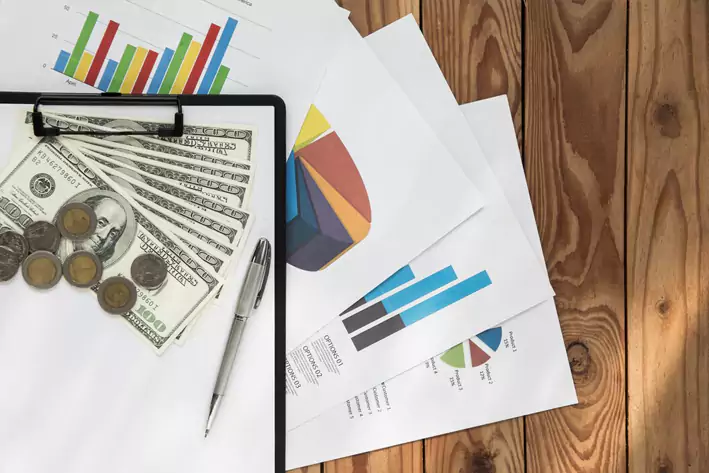Course Information
Course Description
The Foundation Accounting and Economics course is meticulously crafted to cultivate learners' knowledge, understanding, and competencies across various dimensions. It delves into profound subject content, fosters independent thinking, promotes the application of knowledge to new situations, and enhances critical skills such as evaluation of different information sources, logical thinking, argumentation, and effective communication in English. Students will learn to explain and analyze economic issues, evaluate economic information, and present their ideas and judgments. The course also covers fundamental economic concepts such as the price system, government intervention, international trade, employment and inflation measurement, and macroeconomic theory and policy.
COURSE OBJECTIVES
This course aims to enable students to:
- Acquire knowledge and understanding of economics terminology, concepts, theories, and principles.
- Express ideas effectively in writing, using statistics, diagrams, or other appropriate methods.
- Develop the habit of utilizing reference materials specific to economics.
- Critically read and gather information about changes in the broader economic and social environment.
- Appreciate the methods economists use and the effective analysis, correlation, discussion, evaluation, and presentation of economic information.
- Cultivate an interest and enthusiasm for economics that may lead to further study.
COURSE OUTLINE
The Foundation Accounting and Economics course covers the following topics:
- The Price System and the Microeconomy
- Government Microeconomic Intervention
- The Macroeconomy
- Government Macroeconomic Intervention
- International Economic Issues
STUDENT ACQUISITIONS
Upon completing this course, students will be able to:
- Explain and analyze economic issues and arguments effectively.
- Evaluate economic information critically.
- Organize, present, and communicate ideas and judgments.
- Utilize statistical data, diagrams, and other methods to support their arguments.
- Read critically and stay informed about changes in the economic and social environment.
LEARNING METHODOLOGIES
The course employs various learning methodologies to enhance understanding and engagement, including:
- Active participation in discussions, debates, and case studies.
- Real-world application of economic concepts through practical exercises and simulations.
- Analysis of economic data and interpretation of statistical information.
- Utilization of reputable reference materials for research and information gathering.
- Effective utilization of communication skills to present reasoned explanations and arguments.





